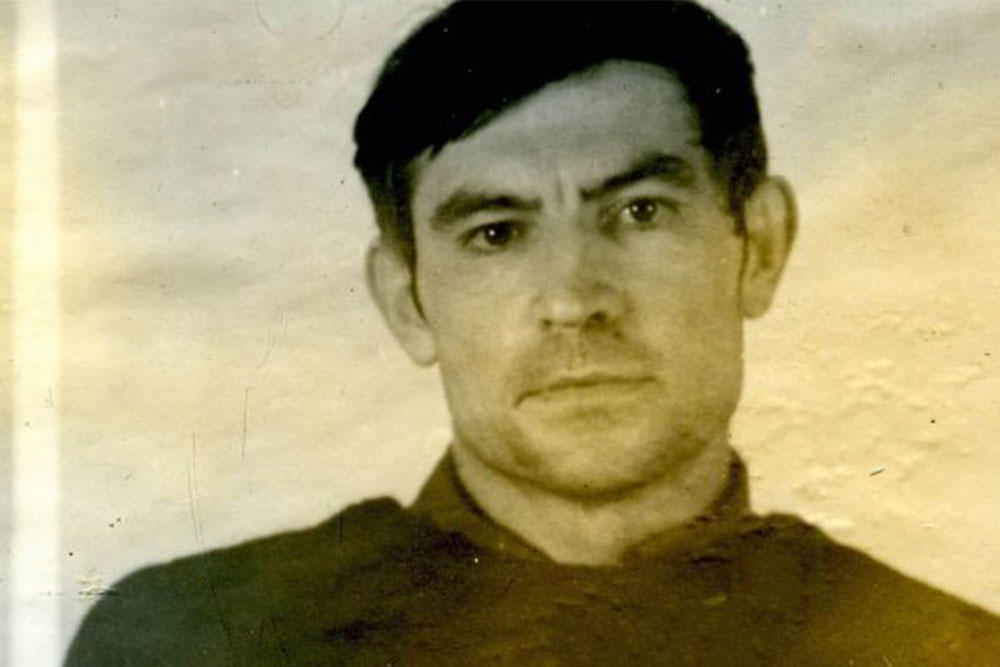
Vasyl Stus (Ukrainian: Васи́ль Семе́нович Стус; 1938-1985) was a Ukrainian poet, translator, literary critic, journalist, and an active member of the Ukrainian dissident movement. In August 1979, having finished his sentence, he returned to Kiev and worked in a foundry. He spoke out in defense of members of the Ukrainian Helsinki group (UHG). Stus himself joined the UHG in October 1979. On 14 May 1980, prior to the 1980 Olympic Games in Moscow, he was arrested and received a 10-year sentence for “anti-Soviet activity”. For his political convictions, his works were banned by the Soviet regime and he spent totally 13 years in detention, until his death in Perm-36 — then a Soviet forced labor camp for political prisoners, subsequently The Museum of the History of Political Repression — after having declared a hunger strike on September 4, 1985. In 1985, an international committee of scholars, writers, and poets nominated Stus for the 1986 Nobel Prize in Literature, but he died before the nomination materialized. On 19 November 1989 the remains of Vasyl Stus, Oleksa Tykhy and Yury Lytvyn were brought back to Kyiv and reburied at the Baikove Cemetery in a ceremony attended by more than 30,000 people. Stus is widely regarded as one of Ukraine’s foremost poets.
Works:
«Круговерть» (1965)
«Зимові дерева» (1970)
«Веселий цвинтар» (1971)
«Час творчості / Dichtenszeit» (1972)
«Палімпсести» (1971—1977, published in 1986)
Genre: Poetry
Language: Ukrainian
Rights sold to Poland